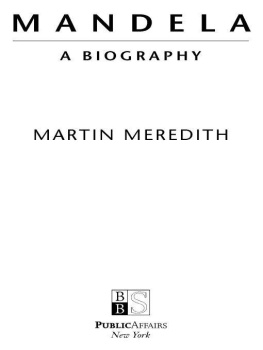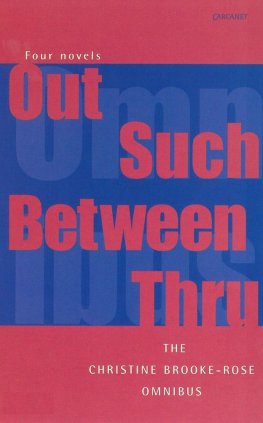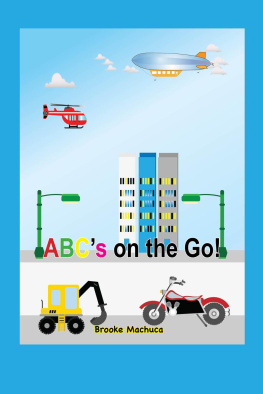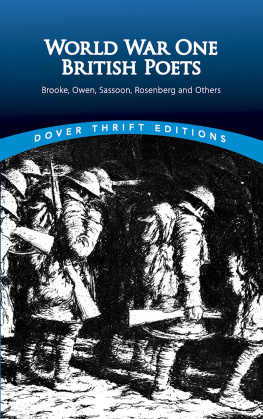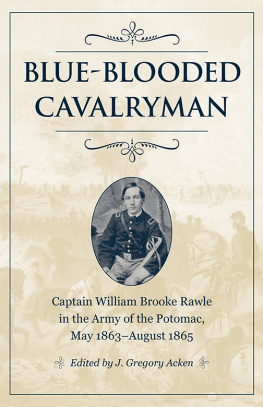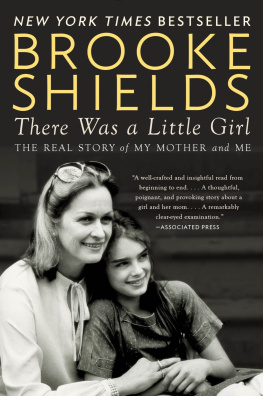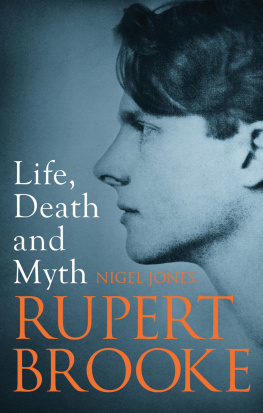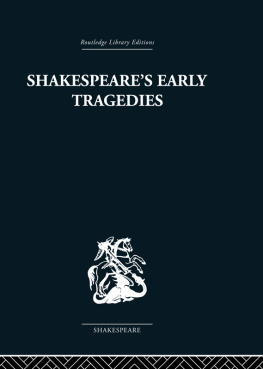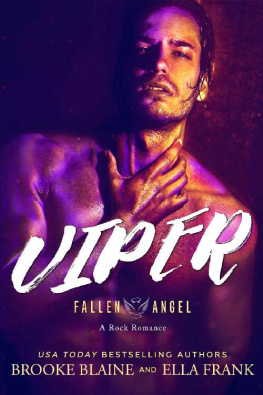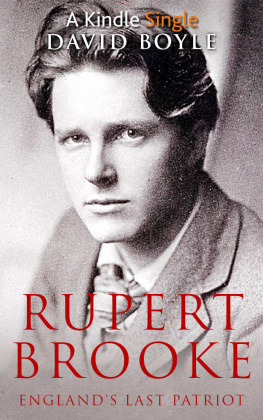Praise for The End of Apartheid: Diary of a Revolution
This is one of the most important books written on the modern history of South Africa. It describes the end of apartheid by a person who was at the forefront of negotiations between all the South African parties involved.
It describes in detail the roles played by the main protagonists, from FW de Klerk and Nelson Mandela to Margaret Thatcher. Previously classified reports have been released by the British government to this end.
For anyone interested in Africa, I urge you to read this book.
Wilbur Smith
Only Robin Renwick could have written this riveting first-hand account of the demise of white rule in South Africa, which future historians will find indispensable.
Richard Steyn, former editor of The Star
Praise for Helen Suzman: Bright Star in a Dark Chamber:
Helen Suzman was sharp, incisive, principled and loads of fun. So is this biography by Robin Renwick.
John Carlin, author of Invictus
Wonderfully readable story of someone I think of every day.
Helen Zille, Premier of the Western Cape
The new insights that Robin Renwick brings to the extraordinary life and achievements of the late Helen Suzman will help to ensure that this exceptional South African and universally acknowledged human rights campaigner is accorded her rightful place in history.
John Battersby, former editor of the Sunday Independent
An admirable and affectionate portrait of a remarkable woman.
David Welsh, author of The Rise and Fall of Apartheid
Dont be silly, Nelson! If you think Margaret Thatcher was the quintessential tough woman politician, try Helen Suzman Robin Renwick writes as both friend and historian about this ferociously wonderful woman.
Libby Purves, The Times
Robin Renwicks biography, which draws on his time as British ambassador in the frenetic last years of white rule, brims with anecdotes. Happily, in an era of overlong and under-edited biographies, it shares her fondness for clarity, concision and humour.
Financial Times
The truest of liberals this crisp, lucid account is persuasive in presenting her as the doughtiest of fighters for human rights anywhere and one of the finest parliamentarians.
The Economist
- INTRODUCTION
If a political leader loses the support of his followers, it will remain only for him to write his memoirs - PROLOGUE
Any self-respecting terrorist has an AK -47! - CHAPTER I
This time we have locked up all the right people! - CHAPTER II
The greatest risk is not taking any risks - CHAPTER III
Let us pray - CHAPTER IV
If you want to get out of a hole, the first thing to do is to stop digging - CHAPTER V
The IRA have the vote, the ANC do not - CHAPTER VI
I realise you want to see a new impetus for change - CHAPTER VII
The whole world will be against you led by me! - CHAPTER VIII
I am happy to request you to pass my very best wishes to the Prime Minister - CHAPTER IX
You can tell your Prime Minister that she will not be disappointed - CHAPTER X
After today, South Africa will never be the same - CHAPTER XI
You can be Mandela and Ill be Mrs Thatcher - CHAPTER XII
Free Nelson Mandela! - CHAPTER XIII
The only alternative to negotiations now is negotiations later - CHAPTER XIV
We can hardly drop them on Lusaka or Soweto - CHAPTER XV
We did not join the ANC to become rich; we joined it to go to jail
This book seeks to provide an insiders account of the end of apartheid, based on a host of meetings which, as British ambassador to South Africa, I had at the time with the main actors in this drama PW Botha, FW de Klerk, Nelson Mandela, Desmond Tutu and with many other less well-known figures, who also played important parts in getting rid of a fundamentally abhorrent system sooner and with less bloodshed than most outsiders had dared to hope. There are plenty of heroes in this narrative, along with some cases of pure evil.
Before Nelson Mandela was released from prison, he was told by Helen Suzman of the efforts the British government had been making to help secure his release. When he was released, he needed and received our help in a number of very practical ways. Above all, he sought our support in helping to overcome problems in the negotiations with the government. He did so because he felt that, at this time, we had more influence than others with FW de Klerk and his colleagues, telling me on one occasion that he regarded us as the principal supporters of the negotiating process that, however, was played out entirely between South Africans.
The portrait of Mandela that the reader will find in these pages is not the conventional hagiography. He could be dogmatic and at times distressingly partisan. Egged on by his colleagues in the ANC, he was at times unfair to De Klerk and forgetful of what he owed him. As he confessed to me, he also made a major mistake in failing for nearly a year to meet with Chief Mangosuthu Buthelezi, who had refused to negotiate with the government until Mandela was released.
Yet my admiration for him was second to no ones. Having had the chance to get to know him well before many others, I never ceased to be impressed, and at times amused, at the effect he had on normally hard-boiled visitors, who almost invariably became weak at the knees in the presence of the great man.
As Desmond Tutu observed of him, this diamond had just one flaw, which was to put his trust in colleagues who did not always deserve it. He did so not just out of loyalty, but also from political calculation. Mandela was conscious of the fears of his ANC colleagues in Lusaka that he might start negotiating with the government on his own, and also that the township youth and half his colleagues in the national leadership had more radical agendas than he did. This led him at times to engage in rhetoric and defend positions he did not really believe in, telling me, in one very revealing encounter, that a leader who lost the support of his followers would have nothing better to do than write his memoirs.
Mandela was a far wilier politician, and could be less saintly, than some other portrayals would have us believe, though he did indeed have some saintly characteristics. For at the time there were two Mandelas: in public, much of the time, there was the harshly aggressive, apparently unquestioning spokesman of his party, reading out speeches written by the apparatchiks; and then there was the authentic Mandela, generous in spirit, libertarian by instinct, and inspirational to everyone he met including me. He used this dual personality quite deliberately to keep his supporters in line behind him. When the chips were down, as in his response to the assassination of Chris Hani, it was the real Mandela who came to the fore.
The reader will find in this account of a series of meetings with him a fundamental difference of approach between Mandela and those of his colleagues whose overriding objective was to win power and hold on to it. Much as he revered the ANC, Mandela, as he showed in government, did not believe in the supremacy of the party over the institutions of the country, including the judiciary and the press. He told Helen Suzman and others that he was relieved that his party did not achieve a two-thirds majority in the first democratic elections, as he wanted there to be no temptation to change the constitution. The least power-hungry of political leaders, he flatly refused to serve more than one term as President.


